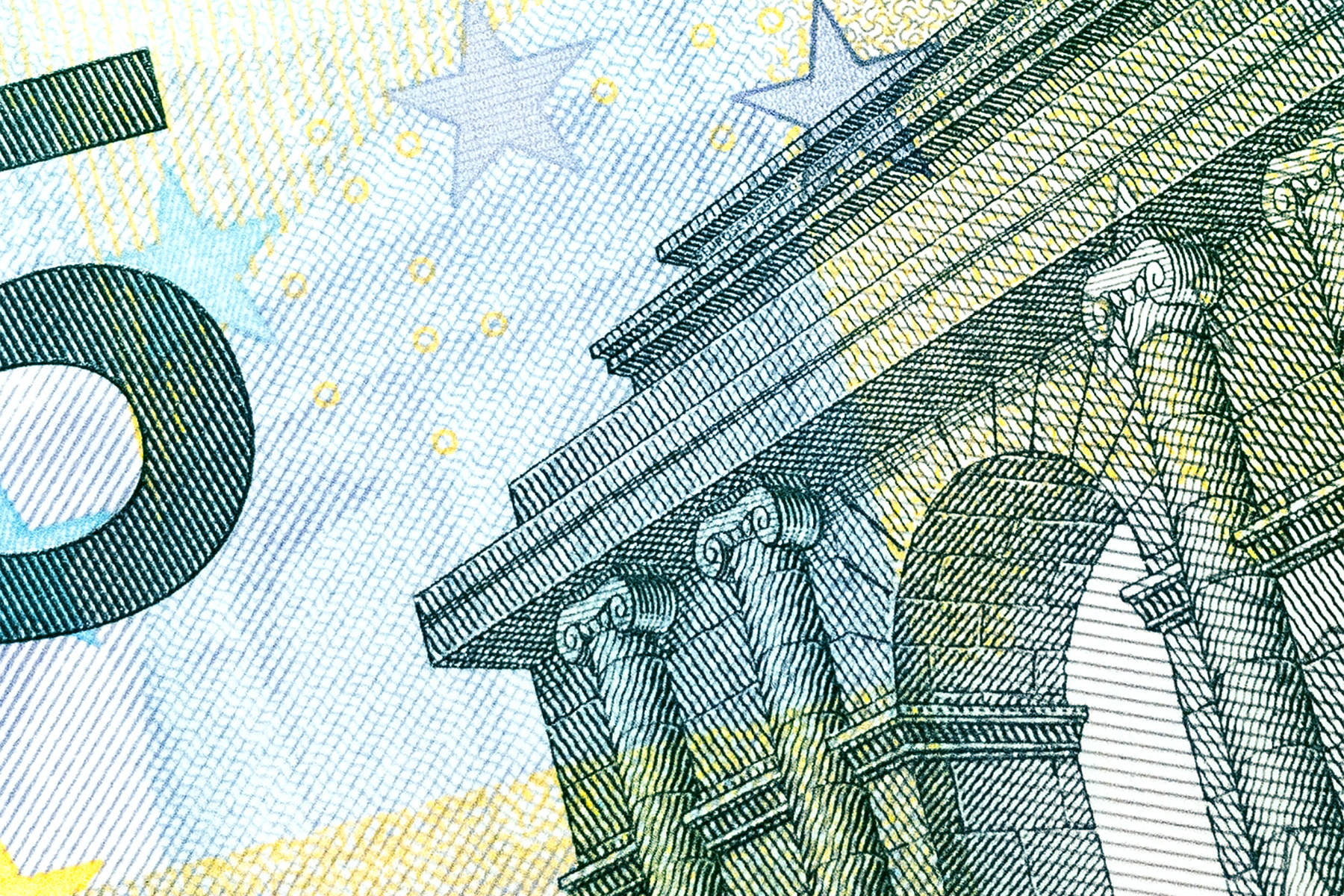Alaska is poised to enact the most radical re-structuring of state finances since the 1980 repeal of the state income tax and authorization of the permanent fund. Unless overridden, Gov. Mike Dunleavy’s line-item vetoes will inflict deep spending reductions in public education, the ferry system, the University of Alaska, Medicaid services and other programs, as well as shifting property tax revenues to the state from municipalities where oil and gas facilities are located. The rationale is that balancing expenditures with revenues will stimulate investment, expanding the economy and bringing more jobs to Alaska.
This approach carries great risks. Weakened university and public education systems will make Alaska less attractive for investors and for families considering relocation here. Lower standards of service with a privatized ferry system will impede economic diversification and development within communities along our southern coast. Diminished Medicaid and other services for the elderly will encourage their emigration once they reach retirement, taking their retirement incomes with them.
Moreover, past experience isn’t encouraging. Kansas provides the clearest example. Deep tax cuts enacted in 2012 failed to produce the 23,000 new jobs annually that were forecast. Instead, both economic and job growth were among the lowest in the nation by 2016, and were lower than three of the four states that surround it. Public debt has now increased by 50%, prompting a downgrade in the state’s credit rating, as the legislature was unwilling to enact the spending cuts necessary to balance the budget with the reduced revenues. Funding for the public education system is now supervised by the courts.
Here in Alaska, the equivalent of deep tax cuts amounts to reducing taxes on oil production or increasing the Permanent Fund dividend. We’ve already tried reducing oil production taxes with the Parnell administration’s enactment of SB 21. The increased investment in oil exploration and production, and attendant job creation, largely failed to materialize, but the ensuing revenue shortfall is the largest single contributor to our current budget imbalance. We already have the lowest personal state tax burden in the nation, so increasing the dividend is the only means left to government for directly stimulating the economy. But this comes with the risks that drastically reduced state services will bring.
It’s up to the legislature, and ultimately to us voters, to decide whether this is a worthwhile gamble. Yes, an increased dividend would be nice, but job losses and declining homeowner equity from a protracted economic downturn could easily erase the benefits. Moreover, the harm inflicted on our public education system, the University of Alaska, the ferry system and public infrastructure will not be soon repaired, and with a smaller economy we’ll be less able to repair them.
It doesn’t have to be this way. A sustainable budget could be achieved with a careful combination of revenue increases. An income tax would generate revenue from Alaska’s large seasonal workforce, who currently use state services for free. Income from the Permanent Fund above what’s needed for a capped dividend could contribute to supporting state government. And reform of the Parnell administration’s SB21 could also contribute to balancing the State’s budget, recognizing that it’s the price of oil, not the state’s tax structure, that drives investment by the petroleum industry. While we should always be alert to government inefficiency, after five years of draconian spending cuts there’s precious little left to cut that won’t reduce state services that people value.
When I arrived in Alaska in 1972 I was impressed by how impoverished the state was. The revenues generated by the oil industry have been a tremendous boon since then. The decision to save a portion of those revenues to cushion the inevitable decline of that industry was arguably the wisest choice we’ve ever made. Now, we face an equally momentous decision, whether to use the fund to cushion our inevitable transition to an economy that’s less dependent on oil, or to take on the enormous risks of following the path taken by Kansas.
If the legislature fails to muster the will to override Dunleavy’s vetoes, recovery from damage these vetoes will inflict on our economy will likely take years and perhaps decades. And our only recourse will be the ballot box in 2020.
• Jeffrey Short has lived in Juneau since 1972, is a retired NOAA research chemist, and is currently a member of the Juneau School District Board of Education. My Turns and Letters to the Editor represent the view of the author, not the view of the Juneau Empire.

